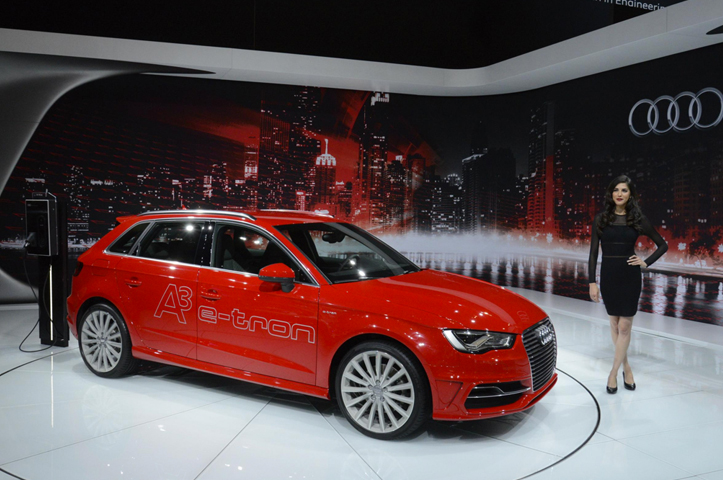
Volkswagen, Audi’s parent company has been identified for cheating on diesel emissions tests few weeks ago. Audi’s decision to jump into plug-in hybrid electric vehicles (PHEVs) is accurate and timely.
The e-trons are under extreme pressure because of their diesel cousins, and now they have the responsibility to make up for them. Towards the greener car technology, A3 e-tron is the first and careful step, says Audi.
The introduction of Audi A3 Sportback e-tron has come at such a time when over 2.1 million 2.0-litre TDI Audi A3 vehicles are waiting to be recalled. All of these vehicles are from the model year 2009-2015 and 14,000 of them were sold in the U.S. alone.
Scott Keogh, Audi America president, said in a recent press event that the reaction of Audi to the diesel gate scandal was angry, appalling and shocked.
“This is not the company we are, the cars can stay on the road and will stay on the road until we have a fix, and when we have a fix we will fix these cars.” He has reinforced Audi’s commitment and made amends with the infected Audi A3 TDI vehicle owners.
Keogh has called the all-new Audi A3 Sportback e-tron “a real, proper, fully rounded driving machine,” and unlike most of the plagued hybrids whose performance has either been compromised of deficit, Audi A3 fills that gap.
All those compromises have held back the electric vehicle sales all this time. To get the people to buy your product, you have to build something that is acceptable and doesn’t plague, says Keogh.
When you look at the combined combustion-electric mileage of all-new Audi A3 Sportback e-tron, it falls somewhere between 83 to 86 mpg-e. The 2015 Toyota Prius Plug-in Hybrid offers 95 mpg-e which is more than any other PHEV offers.
A3 returns 35 to 39 mpg if run on combustion alone. With a 1.4-litre engine producing 150 bhp, mated with a 102 hp electric motor, A3 takes 7.6 seconds for a 0-60 sprint.